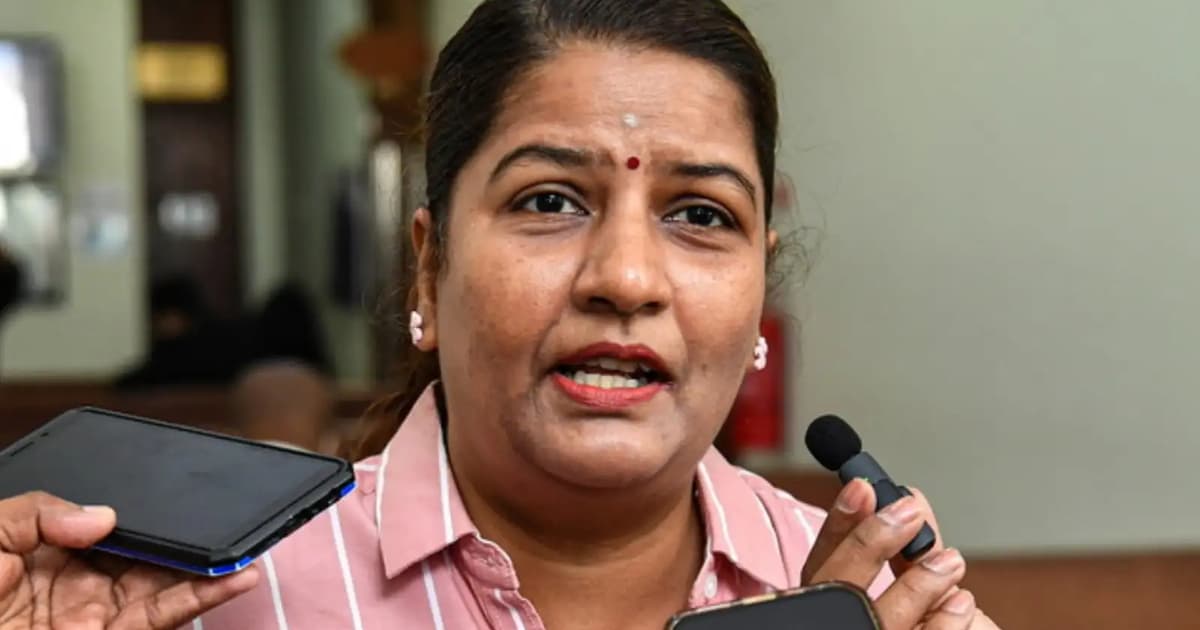
It is a constitutional tragedy that M Indira Gandhi, the single mother who has suffered years of anguish following the kidnap of her child by her ex-husband, is still awaiting justice, with the authorities not appearing to do much to recover her young daughter.
To add to my consternation, recent reports claimed the man may still be living in Malaysia, and, even more shockingly, receiving government aid, raising serious concerns about enforcement failures.
Her case is not merely about recovering custody of her child. It is also about the soul of our Federal Constitution, the dignity of motherhood, and the failure of our institutions to uphold the rule of law.
Justice for Indira can only be meaningfully achieved if Suhakam, the Malaysian Bar and their counterparts in Sabah and Sarawak, and other civil society actors jointly petition the Malay rulers seeking intervention.
As custodians of the constitution and commanders of the armed forces, the rulers hold a unique position which allows them to maintain and, if necessary, restore constitutional balance and social justice.
Unfortunately, the legal industry has been slow to honour the constitution’s supremacy as enshrined in Article 4, and the accompanying oath of office, its living soul.
The Malay rulers are entrusted with safeguarding this supremacy — not as a symbolic gesture, but as a substantive constitutional role.
Malaysia’s peace and harmony are not accidental. They stem from the fact that the armed forces are under the control of the rulers, not politicians. Yet this truth remains obscured, even by our most acclaimed jurists.
Three pre-eminent former lord presidents, Suffian Hashim, Raja Azlan Shah and Salleh Abbas always upheld the doctrine of constitutional supremacy, but when amendments were introduced to restrict judicial power to what Parliament provides for, the legal industry did not follow through.
This shift paved the way for judges to operate under a de facto doctrine of parliamentary supremacy, thereby betraying their constitutional oath.
When I took my oath as judicial commissioner, I discovered that judicial power was not confined to statute. It is vested in the oath itself which calls for the constitution to be upheld. Putting aside discomfort and threats to my judicial career, I set out to fulfil my duty.
I set out the doctrine in the case of Choong Choi Moi @ Christine Choong and developed it further in subsequent cases. My dissent in Indira Gandhi helped the Federal Court reassert constitutional supremacy. That jurisprudence has never been debunked.
To my disappointment, the legal industry failed to grasp the implications of my judgment in Aluma Mark Chinonso.
In that case, I argued that the courts of this country cannot rely on the Privy Council’s ruling in Ong Ah Chuan — which applied parliamentary supremacy — to justify hanging a man.
After Indira Gandhi, that doctrine was buried. But the industry refused to acknowledge it. Instead, I was put to great inconvenience for articulating this truth.
Today, we must ask: will Suhakam, the Bar Council, and others rise to the occasion? Will they petition the Malay rulers to wipe away Indira’s tears and restore constitutional dignity?
No mother should suffer what Indira has endured. No constitutional order should tolerate such indignity.
Justice must be done — for Indira and many others like her.
The views expressed are those of the writer and do not necessarily reflect those of FMT.






